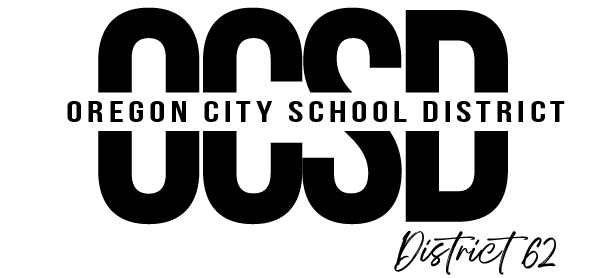Extended School Year Teacher
QUALIFICATIONS:
1. Bachelor's degree.
2. Valid Oregon license with appropriate subject endorsement (Handicapped Learner or Special Educator).
3. Such alternatives to the above qualifications as the Board may find appropriate and acceptable.
SUPERVISES:
None
JOB GOAL:
Keeping within the law, board policies and administrative rules, the primary responsibility of the teacher is the instruction of assigned students. Instruction refers to the teaching/learning process which includes student guidance, management, as well as a demonstration of skills and knowledge in subject areas taught.
The Extended School Year Teacher, working with support staff, will provide appropriate activities sufficient to meet the ESY goals of each enrolled student.
PERFORMANCE RESPONSIBILITIES:
Specifically, teachers will:
1. Research and make use of state and district curriculum materials.
2. Diagnose the needs and abilities of assigned students.
3. Prescribe appropriate learning activities for each student.
4. Facilitate activities that will enhance desired learning.
5. Evaluate each student's growth periodically and develop instructional plans for the future.
6. Communicate each student's progress to the parents and the home school Resource Specialist.
7. Evaluate teaching methods and procedures to strive for improvement.
8. Perform other tasks as assigned by the Board of Education.
STANDARDS OF COMPETENT PERFORMANCE:
Teachers
There are five major competency areas identified below that reflect desirable and effective teaching. The criterion needed prior to setting up the classroom routine is a realistic number of goals, desired by both the teacher and evaluator, in order to improve instruction.
Diagnosing
Teachers will be able to identify the student's present level of performance by using diagnostic tools and procedures and will use this information to determine a hierarchy of learning needs.
Prescribing
Teachers will be able to identify and plan for individual differences. When creating instructional objectives for desired learning teachers will include pupil behavior, conditions for learning and levels of acceptable performance. Short-term and long-range programs will be developed to achieve objectives.
Facilitating
Teachers will create and maintain a physical, emotional and intellectual atmosphere that will enhance the teaching/learning process. There should be a variety of appropriate materials, as well as a variety of instructional styles (i.e., lectures, guest speakers, teaming, large group, small group, individual instruction, brainstorming, and student program planning). All instructional procedures, instructional activities and direction giving should be organized, clear and concise.
Evaluation
Teachers should be able to select and utilize appropriate evaluation techniques, be able to explain their methods and procedures for evaluation. There should be constant feedback relating to progress to both students and parents. All students should in turn provide feedback concerning curriculum to improve instruction, and teachers will modify procedures to improve their instruction.
Other Areas
Teachers will be able to demonstrate knowledge of subject matter. It is their responsibility to seek professional growth, improve classroom instruction, and to qualify for certification by following both state and district regulations. Teachers will try to develop trust relationships with students, be accepting of students feelings and values and also encourage students to pursue talents and interests outside the classroom. Teachers will show professional attitudes toward other staff members by sharing ideas and materials, by assisting others and by sharing responsibility. For non-instructional duties they will seek assistance from others when needed and strive for change through proper channels.
TERMS OF EMPLOYMENT:
191 days per year. Salary to be determined by the Board of Education.
EVALUATION:
Performance of this job will be evaluated in accordance with provisions of the Board's policy on evaluation.

